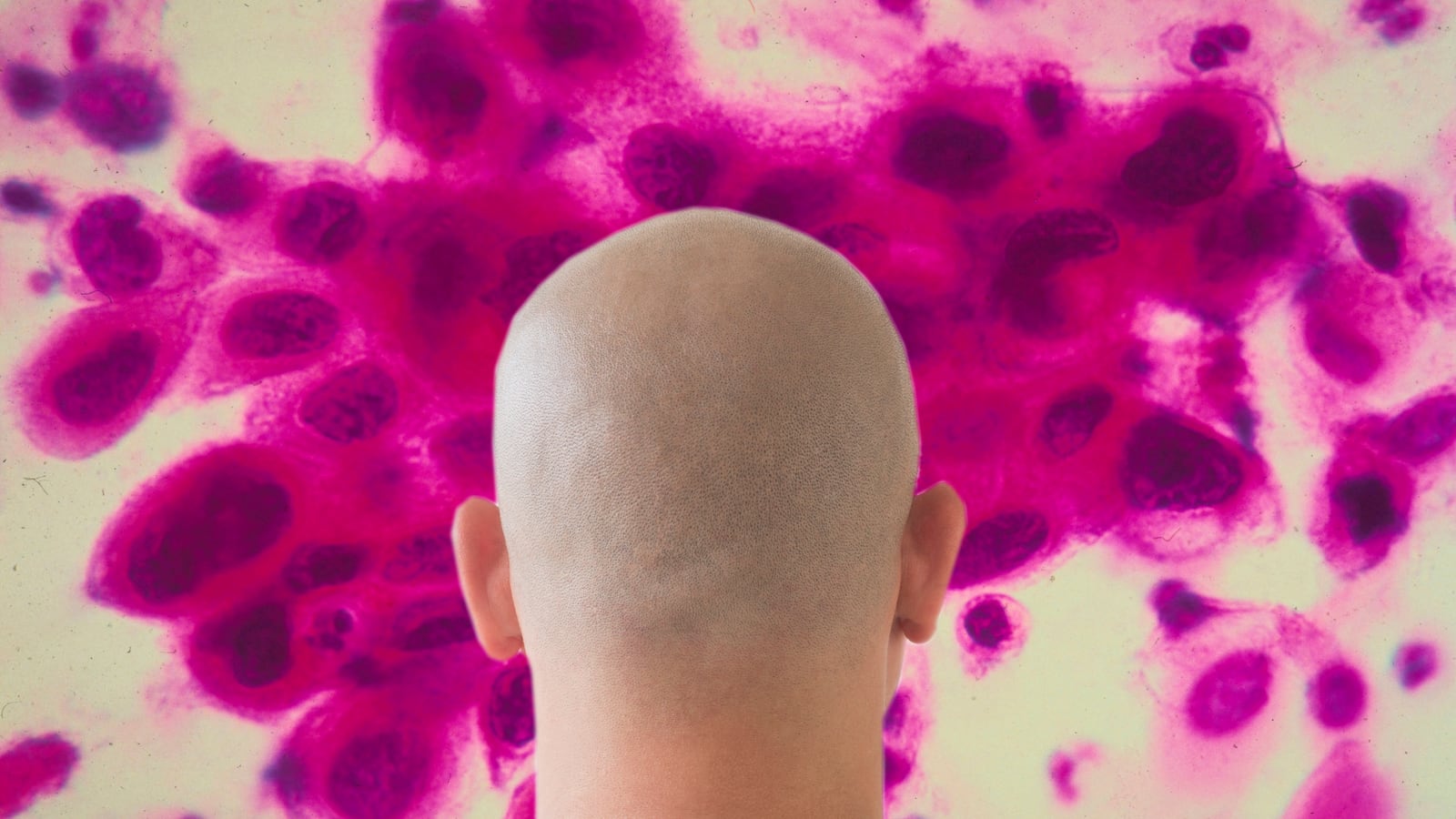You know that heart-wrenching feeling you get when you think to yourself, I just wish my father or my grandmother or whomever it is that is no longer around could be here to see this one graduate or that one get married? That’s how I felt when I read about a proposal to rename some cancer-related diseases. If only my father, who was a pathologist and now has Alzheimer’s, could take part in this debate. He was quite fond, actually rather obsessed, with medical nomenclature. Christening diseases, it turns out, is not always a textbook exercise but, in its own way, can reveal a glimmer of the humanity in medicine.

In the 1980s, according to Dr. Donald E. Henson, a professor of pathology at George Washington University, my father spearheaded a crusade of sorts to get doctors to stop telling women who have a lot of breast cysts that they have fibrocystic disease. Instead, he argued, those women should be told they have fibrocystic changes. I have to assume my father wasn’t the only one pondering breast semantics. But it got me thinking that while for most of us this renaming might seem trivial, for the person on the receiving end the connotation is colossal.
In the same way, this week a panel of experts, writing in The Journal of the American Medical Association, urged colleagues to drop the “cancer” references from the names of a bunch of diagnoses. The group was eyeing what are referred to as pre-cancerous conditions. The experts point out that some of these states never become the full-blown disease, but when told they are on the road to cancer, people get scared and often have too many unnecessary tests. They pointed to DCIS, short for ductal carcinoma in situ. Some doctors do not believe these cellular changes in the breast should be considered cancer at all, so the word “carcinoma” should be dropped. On the other hand, other experts—with equally valid points—say that the battle isn’t really about the names but about the condition itself and the best way to treat it. Doctors still can’t say, for sure, which DCIS patient will go on to have cancer and which ones will not. What’s needed, they argue, is more information to hone doctors’ predictive powers. This isn’t semantics.
And yet, semantics or, rather, medical terms are crucial. They are not simply labels affixed to a group of signs and symptoms. Disease names shape the way doctors and friends and family think about you—and, more important, the way you perceive yourself. One day you are label-free in the land of the healthy and the next thing you know, you are christened with an ailment and shoved into the murky terrain of the sick, with all the fears that come automatically built in. Susan Sontag wrote about this in “Illness as Metaphor.” Kevin Jiang, a Nature blogger pointed to the “Whorfian hypothesis,” that language is “inextricably linked to how we perceive and think about the world.” (He was blogging about experts wanting to change the name of polycystic ovarian syndrome, which has a lot more going on than simply cystic ovaries.)
Just look at all the times names were changed for social and other reasons: In the early 1900s, we called children born with ambiguous genitalia hermaphrodites. But patient activists pushed to be called intersex instead. Chronic fatigue syndrome has morphed into myalgic encephalomyelitis. Siamese twins became conjoined twins. Manic depression is now bipolar illness. And the list goes on.
Sometimes names are changed because scientists learn more about the illness. Consumption once referred to a withering away of the body, something mysterious consuming you bit by bit. The name was changed to tuberculosis once we discovered the germ and realized that the body defends itself by creating tubercles, or lumps of immune cells, blockading the bacillus. GRID, gay-related immune deficiency, became AIDS, acquired immunodeficiency syndrome.
The cancer-naming thing is particularly tricky because, strictly speaking, cancer is a furious out-of-control growth of cells bursting through membranes, the normal boundaries in the body. The rise of sophisticated imaging techniques have enabled doctors to learn about the very earliest changes within a single cell that can spur a cancer, long before it breaks through a membrane. Doctors have called these changes, pre-cancer or pre-malignant. The problem is that some of these pre-cancers never break membranes. But some do. If you never develop full-blown cancer from this maybe-pre-cancer, can you call yourself a survivor? A survivor of what? Are you cured? Cured of what? Or do you feel like you are living with a chronic ailment?
In the old days, a few generations back, cancer was the Voldemort of illnesses, as in, “he whose name shall not be spoken.” Today we live in a medical world of full disclosure, which, for the most part, is a good thing. But medicine, as they say, is an art. And part of the art is devising names that convey the essence of the condition and all its ramifications. I was at a baby-naming recently, and the rabbi said that in Biblical times we believed the name, itself, had the power to shape the child’s future. Of course, we all know that pre-cancer or not, or whether your doctors call you diseased or not, will not influence the course of the disease, but it may just shape the way you see yourself and the way you live with your whatever-it’s-called.
Randi Hutter Epstein, M.D., M.P.H., is the author of Get Me Out: A History of Childbirth From the Garden of Eden to the Sperm Bank. She is also an adjunct professor at Columbia University Graduate School of Journalism and a lecturer in the English department at Yale University.





